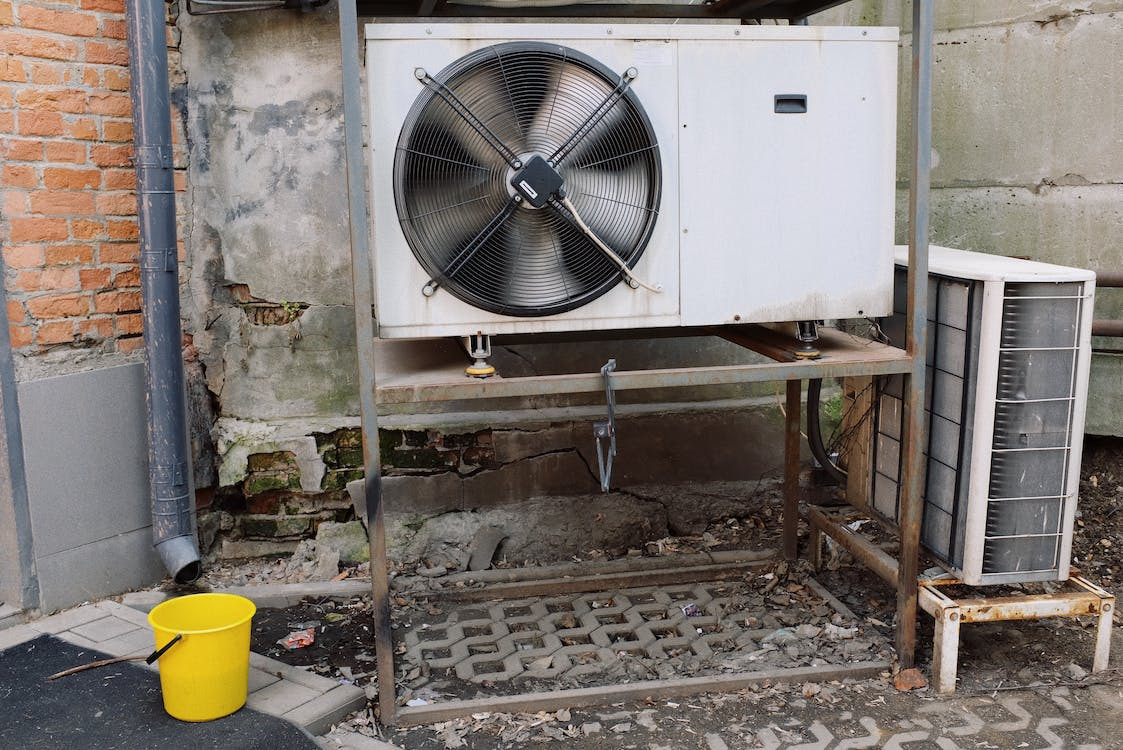How Often Should You Replace Your Furnace Filter? Best Practices For Business Owners
by Arnab Dey Business Development Published on: 06 July 2023 Last Updated on: 13 September 2023

As a business owner, it’s crucial to maintain a comfortable and healthy environment for employees and customers. However, regular furnace filter replacement is an aspect of HVAC system maintenance that is often overlooked. Furnace filters play a vital role in ensuring clean air circulation, improving indoor air quality, and protecting HVAC systems from damage.
In this article, we will explore the purpose of a furnace filter, factors influencing replacement frequency, the recommended replacement schedule, additional maintenance tips, and the significance of employee education and awareness.
1. Understanding the Purpose of a Furnace Filter:
A furnace filter is designed to capture dust, debris, allergens, and other particles present in the air circulating through the HVAC system. By removing these contaminants, the filter helps maintain good indoor air quality, prevents dirt accumulation on the system’s components, and extends the unit’s lifespan. Additionally, a clean filter ensures efficient airflow, which results in better temperature control and energy efficiency.
2. Factors Influencing Filter Replacement Frequency:
Here are some recommended filter replacement considerations from an experienced furnace installation Bountiful technician:
- Filter Type: Different filter types, such as fiberglass, pleated, or high-efficiency particulate air (HEPA) filters, have varying lifespans. HEPA filters, for example, tend to have longer lifespans and higher filtration capabilities.
- Environmental Factors: The surrounding environment greatly influences how quickly filters get clogged. Dusty or polluted areas, construction or renovation projects, and proximity to high-traffic roads can all contribute to faster filter clogging.
- Occupancy and Usage: The number of occupants and the frequency of HVAC system use affect filter contamination levels. Businesses with heavy foot traffic or dusty activities may require more frequent filter replacements.
3. Recommended Filter Replacement Schedule:
Although specific circumstances may vary, it is generally recommended to replace furnace filters every 90 days. However, this is a rule of thumb and not an absolute guideline. It’s essential to monitor the filter’s condition regularly and adjust the replacement frequency accordingly.
In some cases, filters may need replacement as frequently as every 30 days, while in others, they may last up to six months or longer. Regular inspections from a qualified furnace installation Bountiful UT contractor is crucial to determine the appropriate replacement schedule for specific business needs.
4. Signs that Indicate the Need for Filter Replacement:
Visible dirt or debris: If the filter appears visibly dirty or clogged, it’s a clear sign that replacement is necessary.
- Decreased Airflow: Reduced airflow from the vents could indicate a clogged filter that needs to be replaced to maintain optimal performance.
- Increased Energy Bills: A dirty filter restricts airflow, forcing the HVAC system to work harder and consume more energy. If there’s a sudden energy bill increase, a clogged filter could be the culprit.
- Allergy Symptoms or Odor Issues: If employees or customers experience allergy-like symptoms, such as sneezing, coughing, or itchy eyes, or if there is a persistent odor in the indoor air, it could be a result of an overloaded or contaminated filter.
- Steps for Proper Filter Replacement: Turn off the HVAC system: Before replacing the filter, switch off the HVAC system to prevent debris from being drawn into the system.
- Locate the filter: Find the filter compartment, usually located near the air handler or furnace.
- Remove the old filter: Carefully remove the old filter and dispose of it properly.
- Install the new filter: Insert the new filter, ensuring it is properly aligned with the airflow direction indicated on the filter frame.
- Secure the filter: Make sure the filter is securely in place and that the filter compartment is properly closed.
5. Choosing the Right Filter for Your Business:
Selecting the appropriate filter for a business is crucial for optimal performance.
Consider the following factors:
- Filter efficiency: Choose a filter with a MERV (Minimum Efficiency Reporting Value) rating suitable for commercial purposes. Higher MERV ratings indicate better filtration but may require more frequent replacements due to increased resistance.
- Filter type: Different filter types offer varying levels of filtration. Consider the specific air quality requirements of the business and consult with HVAC professionals to determine the best filter type.
6. Additional Filter Maintenance Tips:
In addition to regular replacement, here are some maintenance tips for prolonging furnace filter lifespan and efficiency:
- Regular inspections: Check the filter monthly to assess its condition and replace it if necessary.
- Duct cleaning: Schedule periodic professional duct cleaning to remove accumulated dirt and debris that may bypass the filter.
7. Importance of Professional HVAC Maintenance:
While regular filter replacement is essential, it is equally important to invest in professional HVAC maintenance services provided by those at companies such as King Heating. Trained technicians can conduct comprehensive inspections, clean and maintain the entire system, and identify potential issues before they become costly problems. Professional maintenance ensures optimal performance, extends the HVAC system’s lifespan, improves energy efficiency, and reduces unexpected breakdown risks.
8. Employee Education and Awareness:
Lastly, business owners must educate their employees about the importance of clean air and their role in maintaining a healthy workplace. Encourage them to report any signs of decreased indoor air quality and to promptly inform management about any concerns. Promoting awareness and providing HVAC system maintenance training will help foster a healthy work environment and improve employee productivity and well-being.
Regularly replacing HVAC furnace filters is a crucial aspect of maintaining a healthy and efficient work environment. By understanding the purpose of filters, monitoring their condition, and following proper replacement practices, business owners can improve indoor air quality, extend the lifespan of their HVAC systems, and reduce energy consumption. It’s advisable to consult with a professional furnace installation Bountiful contractor for system assessment and to provide tailored recommendations.
Read Also:







































































































